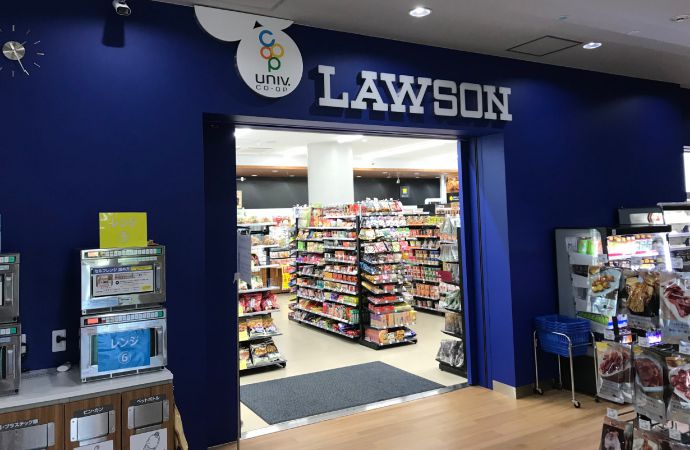Hops, a key flavouring and stability agent used in beer, require processing prior to brewing. This processing requires cooling, provided in the case of Simon H. Steiner GmbH, one of the leading hops growing, trading and processing firms, by a propane and CO2 refrigeration system. The advantages of this climate friendly refrigeration solution include low operating costs, high levels of government funding and long-term future security.

After the harvest hop cones are laid in heated hop kilns to be carefully dried, reducing the moisture content from over 70% down to 10-12%, following which they are cooled. The German hops producer Simon H. Steiner, based in the Hallertau, one of the world’s most important hops production centres, selected a state-of-the-art refrigeration plant using natural refrigerants to satisfy their cooling needs.
Switch to natural refrigerants just a ‘hop’ and skip away
The refrigeration plant sought by Simon H. Steiner needed to have a cooling capacity of 130 kW cold brine at -35°C. The contractor Robert Schiessl GmbH, offered the following solutions:
- Classical compound system with semi-hermetic “Bitzer-screws”; using refrigerant R507A
- Innovative cascade system with 3 hermetic reciprocating compressors (for each refrigerant): refrigerant R290 for the MT, R744 for the LT, subcritical mode
Based on the estimated investment and operating cost, the hops processer chose the natural cascade system with CO2 and propane.
High performance and safety standards
The cascade system with 3 frequency controlled hermetic reciprocating compressors uses propane for the MT and subcritical CO2 for the LT. To avoid high pressure in case of power failure caused by increasing temperatures, an emergency cooler and emergency power generator prevent the discharge of R744. Furthermore, additional safety valves guarantee a high level of safety.
Due to the use of propane, the parts of the plant containing the refrigerant are installed in a room not accessible to unauthorised persons. As a result no restrictions exist on the filling amount, according to directive EN378. A two-stage gas warning system controls the ventilation system in case of high gas concentrations and protects the engine room.
Optimised refrigeration plant achieves COP 2.3
To optimise the operating costs of the plant, several measures were included in the refrigeration installation:
- Frequency controlled compressors
- Condenser fans with frequency converters
- Air-cooled subcoolers for R290
- Hot gas heater for R744
Electronic expansion valves and the generous dimension of the heat exchangers also help to increase the efficiency of the system. The plant, which has operated without fail since it was put started into operation in October 2012, achieves a COP of 2.3 at a brine outlet temperature of -38°C.
R744 and R290 refrigeration plant receives 35% of costs in government funding
Due to the use of natural refrigerants and the high efficiency standards the CO2 and propane refrigeration plant was granted with the maximum funding rate by the BAFA (Bundesamt für Wirtschaft und Ausfuhrkontrolle). A grant volume of 35% was applied to the total cost of investment for the refrigeration plant as well as all required components. For the remaining cost, the KfW (Kreditanstalt für Wiederaufbau) energy efficiency program offers subsidised financing options.
MORE INFORMATION
Related stories



